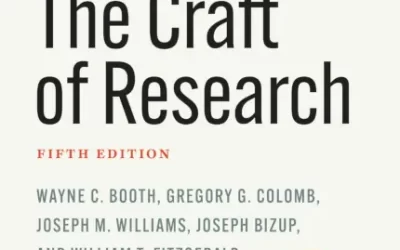Scholarly publishing has seen numerous innovations over the last few years. With journals branching more and more into open access and self-publishing options, publishers are always looking for a new way to stay ahead of the curve. The latest trend being employed by publishers: internet browser extensions.
Within the last five years, multiple organizations have launched browser extensions and “buttons” to help researchers find copies of published articles for free on the internet. The most famous of these is the aptly named Open Access Button. It was developed back in 2013 but has gained a lot of traction recently. Once downloaded onto your computer, you can use the extension to search through thousands of sources for keywords and article titles and the tool will link you to free, full text articles. The button also requests research articles from authors when the information is not initially available as an open access document. The Open Access Button is gaining increasing traction thanks to the recent announcement that the Association of College and Research Libraries will be integrating the tool into their existing interlibrary loan systems. A pilot program of the extension is currently underway at Imperial College London with the hope of expansion in the near future.
The Open Access Button isn’t the only browser extension on the market right now. Earlier this year, Jason Priem and Heather Piwowar launched a similar product called Unpaywall. Similar to the Open Access Button, the extension works to provide instant assistance in finding open source versions of articles. When a user searches for a research paper with Unpaywall activated, the browser tool will search through information repositories in order to find a free and legal copy of the paper. If the manuscript is found, the tool will offer a PDF tab to view it.
Of the Unpaywall’s success, Priem says, “We’re able to deliver an OA copy to users more than half the time.” He also doesn’t think this tool is that revolutionary and is just a sign of the growing popularity of open access. “We’re the first horseman of the apocalypse for toll-access publishing, and we’re not even doing very much. It’s the scientists who wrote the articles, it’s the scientists who uploaded them — we’re just doing that very small amount of work to connect what the scientists have done to the readers who need to read the science.” And with recent announcements that The Bill & Melinda Gates Foundation is launching its own open-access publishing platform and that the European Commission may be following suit, it seems as if every day, open access is becoming the norm for the publishing industry and tools like this are just the next step in its evolution.
Both the Open Access Button and Unpaywall are open source and free to install. Click here to download the Open Access Button and Unpaywall.




